Welcome to another episode of “Pete tries to keep his 2000 VW Jetta on the road until 2020.”
Before getting to the relevant plot points, as an aside let me point out that when I was 17 years old, in 1983, the notion that my parents would be driving around a 17 year old car from 1966 would have been absurd. So, go car industry and your making cars that last longer!
I took the Jetta into Dave’s Service Centre yesterday for an early pass at the annual motor vehicle inspection (the current inspection doesn’t expire until December 31); I knew I had some bulbs out, and I thought I might as well kill several birds with one stone.
In addition to the bulbs, it turns out that I need (a) a new catalytic convertor and (b) a new power steering pressure hose and (c) new rear rotors.
The catalytic converter was an expected issue: Dave’s been nursing it along with a weld here and a weld there for several years, but it’s time. Fortunately Mufflercentre has a relatively inexpensive solution for that.
The rear rotors were also expected: I had the front ones done earlier this year, and so it was time for them too.
The power steering pressure hose is another matter, however: a locally-sourced part is about $300. Dorothy at Dave’s suggested that, what with me being computer savvy, I might be able to find a cheaper part online and, as it happens, I did: eBay had a Sunsong North America 3402061 Power Steering Pressure Hose that cost me $US 108, shipping included. It’s winging its way here for delivery next week.
The road to 2020 continues.
In a sure sign that the Canada 150 hoopla is drawing to a close, the large 1867 numbers that have been sitting on the Confederation Centre plaza since the spring were loaded on a flatbed truck this morning to go on to their next assignment.
They were, disconcertingly for someone with my eyes, loaded on the truck in 1678 order, but perhaps this is because they’re being shipped to Padua for the Elena Cornaro Piscopia 340 celebrations.
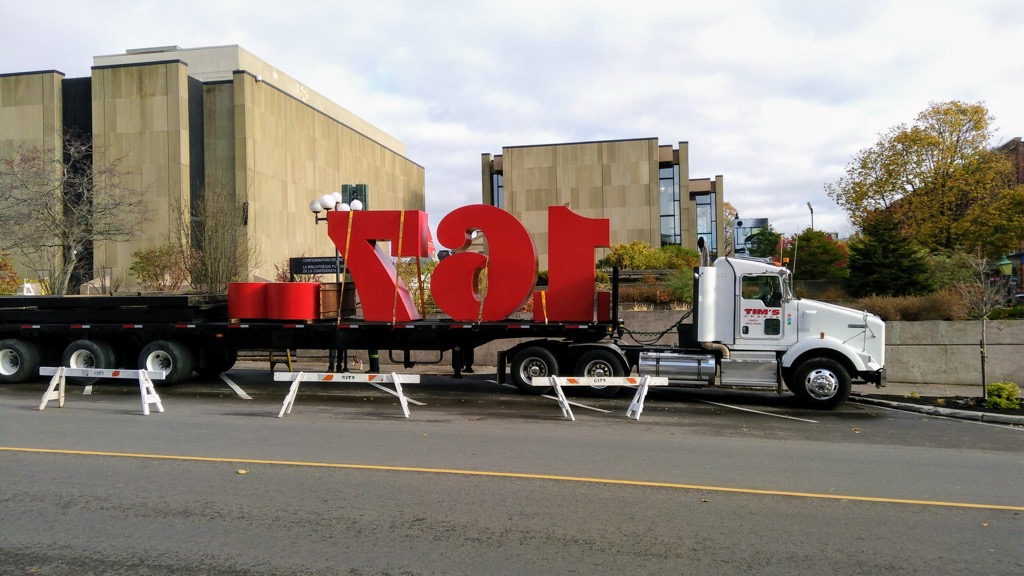
Our small family at Grownups Read Things They Wrote as Kids.
If you’re in or near Chicagoland this week, the tour continues on from Charlottetown to a secret location in Chicago this Wednesday, November 8, 2017. Somebody tell the Obamas.
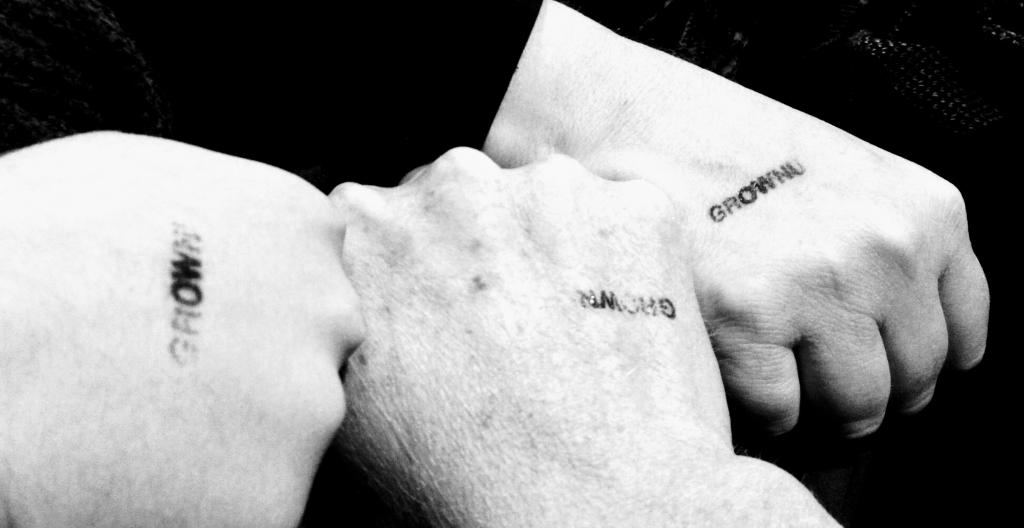
John Gruber went to check out the iPhone X line at the Apple Store in Philadelphia. People in the line had questions for him. He recorded them. I would happily watch a weekly show with this cast of characters.
An excellent (and pleasantly ironic) way to learn more about Hannah Bell, Green Party candidate in this month’s District 11 by-election, is through this interview with her by Premier Wade MacLauchlan.
I’ve been a beneficiary of several gifts from the household-move of our friend Catherine, including this lovely 1976 poster from the United Nations Conference on Human Settlements.

Jason Farbman interviewed Wallace Shawn; in part:
Farbman: Throughout the book, you are making structural arguments, and about people being compelled in certain directions. It was interesting to me how you traced this line of thinking to a discussion of punishment, about what to do with capitalists after the revolution.
Why are you thinking about what to do with the rich after the revolution?
Well, I believe in radical change. I don’t think the rich should rule the world, as they do now. But if a different system should replace the current one, the character of the new system will be determined to an important degree by how it treats those over whom it would then have power, the former rulers. I don’t believe in revenge or even really in punishment, and I think that people who take revenge against formerly powerful monsters become at that moment powerful monsters themselves. Of course I’m a member of the bourgeoisie, and so are most of the people I know and love, so you might suspect my motives when I say these things. You could say I’m trying to protect the asses of the bourgeoisie, and my own ass is one of the ones I’m protecting. But I can’t deny my own beliefs simply because someone might suspect my motives. Those are my beliefs.
I don’t believe in punishing the poor. And I don’t believe in punishing the rich, either. I don’t believe in punishing the innocent. And I don’t really believe in punishing the guilty. I realize that leaves a lot of questions on the table that I don’t resolve in the book. For instance, what do we do with serial killers, who are driven to commit murder again and again? There must be some way we can cope with those people. We don’t want them to kill everyone.
Punishment of some kind is a very articulate way for society to express its disapproval of certain actions. There should be some way that society can express its disapproval of what was done. But I don’t really believe in punishment, because I think it’s based on an erroneous idea of how people make decisions. Person A decides to murder Person B. Well, a lot of forces go into what we call “a decision,” and a lot of those forces are unconscious and not under the control of the person making the decision. Blaming the murderer assumes that he could have behaved differently. It’s hard to prove that.
Here’s Oliver, dressed as a cow for Hallowe’en, at age two, and then again tonight, which he chose as an homage to his disappearing youth. Both photos taken at Catherine Hennessey’s house.
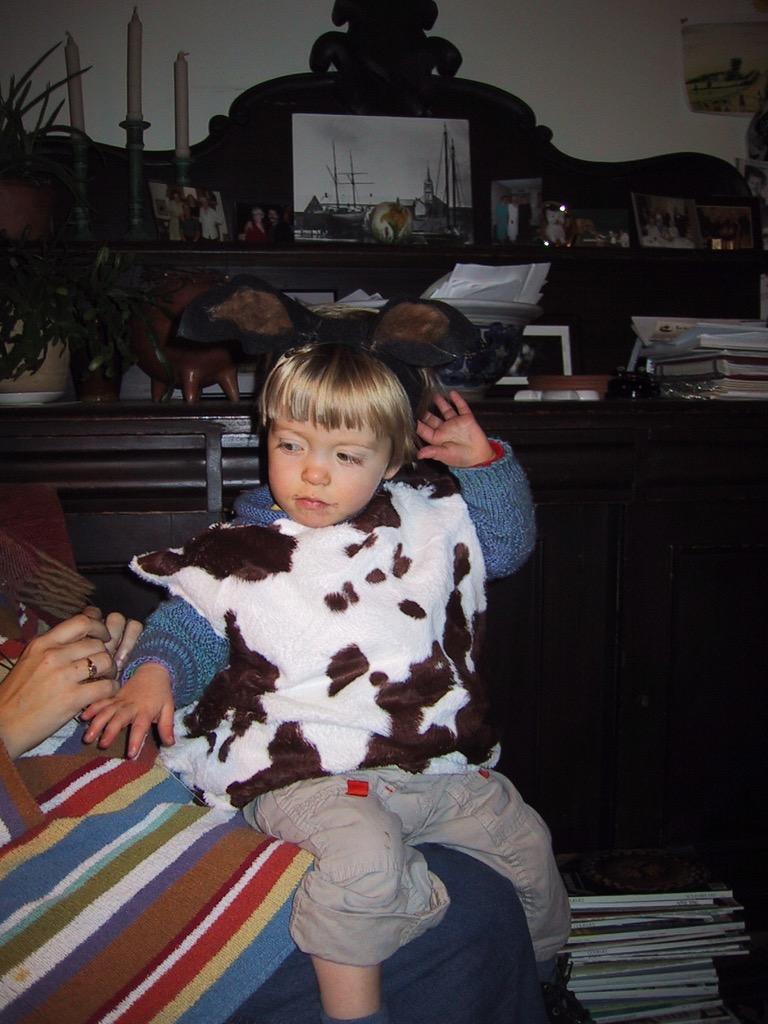 ,
, 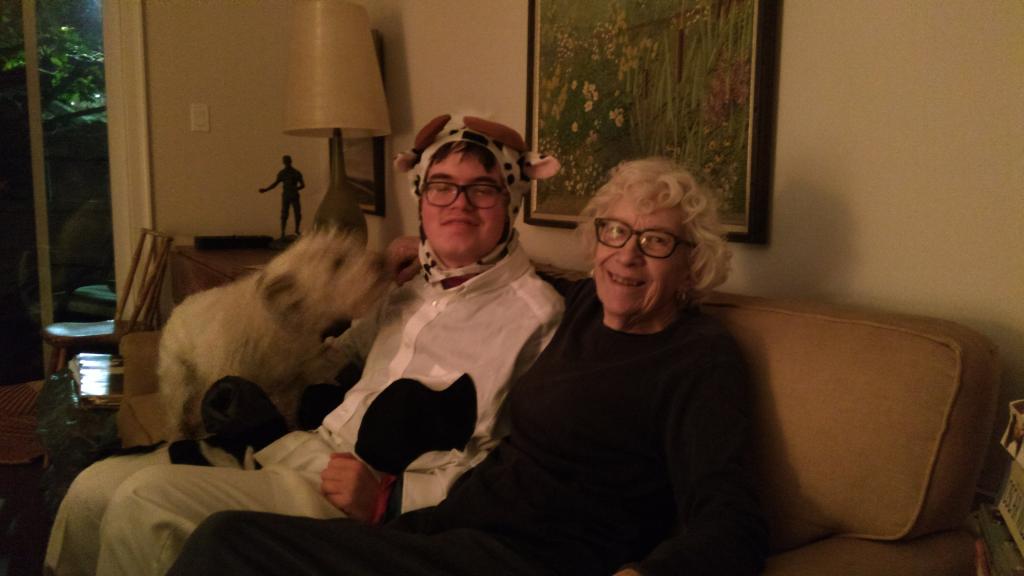
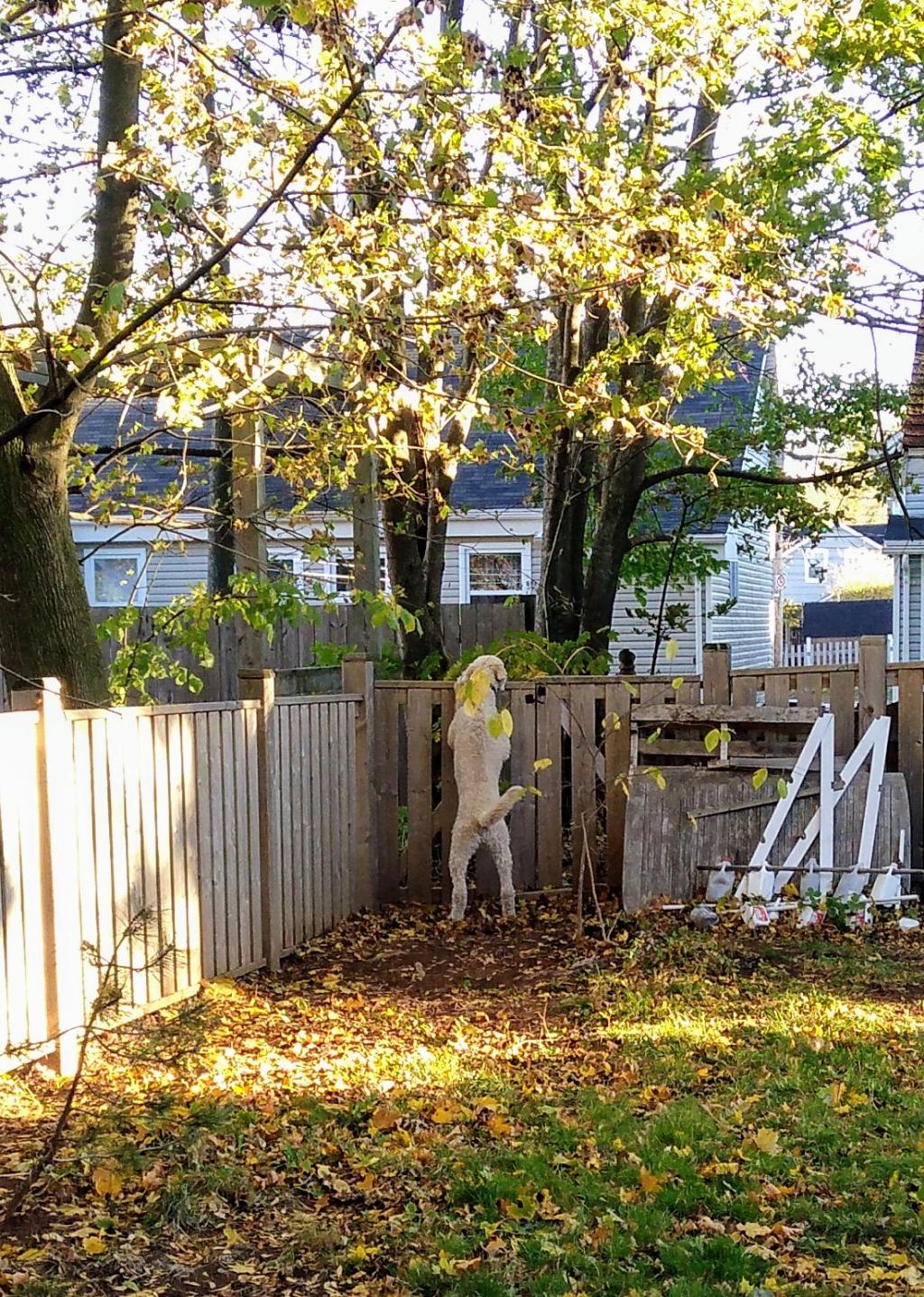
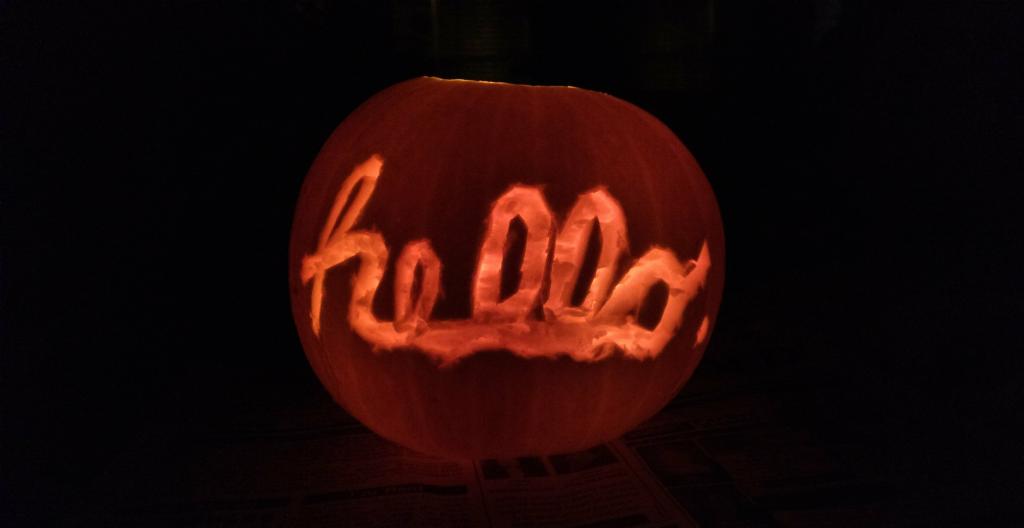
 I am
I am